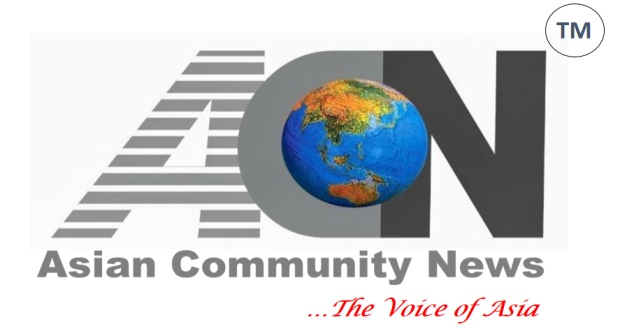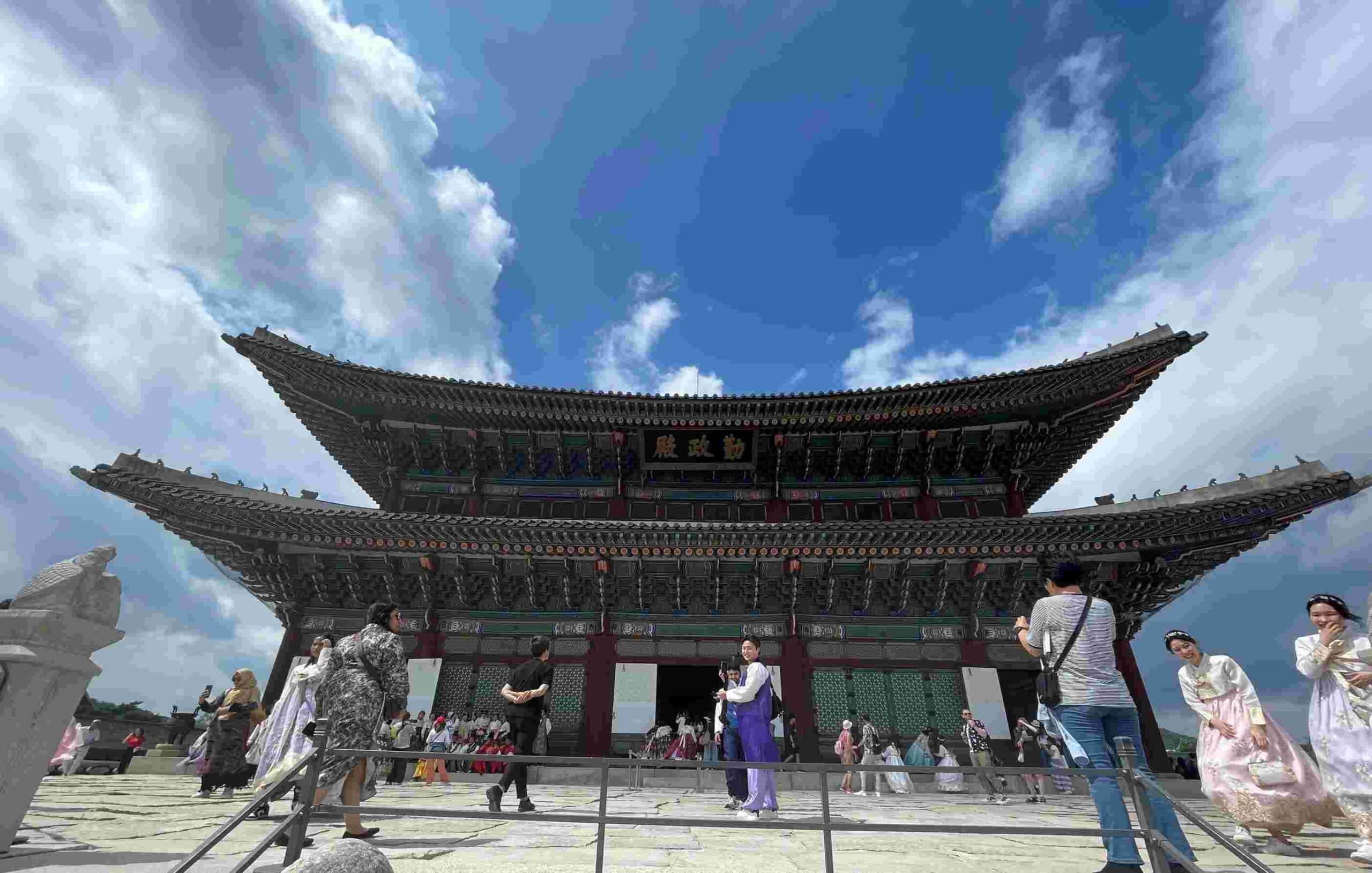On week-long visit to Korea, Indian media delegation returns with plethora of memories, exposure
The delegation comprised representatives of the South Korean Embassy, the Korean Cultural Centre India, and India’s leading TV, daily newspapers, magazines, and Internet media outlets to run coverage on Korea.
SEOUL: In celebration of the momentous 50th anniversary of diplomatic relations between Korea and India, a delegation comprising representatives from India’s leading media outlets visited Korea. Besides getting to know the Korean culture and way of life there from a close range, the delegation aimed to strengthen the deep historical ties between the two nations and promote a closer bond through their extensive coverage.
From June 20th to 25th, the Korean Cultural Centre India organized an invitation for representatives from India’s prominent media outlets to visit Korea. The 13 journalists, hailing from 12 media outlets including Zee News, The Times of India, United News of India (UNI), The Indian Express, The Financial Express, Asian Community News (ACN) Network, iTV, The Statesman, The Print, Travtalk, Pinkvilla, and Country & Politics collectively covered the vast landscape of Korea.
The media delegation embarked on a comprehensive 5-night, 6-day itinerary that explored various realms itinerary that encompassed various realms, including diplomacy, economy, culture, defense, industry, and technology, including visit to the Ministry of Foreign Affairs, the National Cemetery, the Demilitarized Zone (DMZ), the National Gallery of Modern Art, the Hiker Ground operated by the Korea Tourism Organization, KBS (Korean Broadcasting System), Institute of Advanced Aerospace Technology at Seoul National University, the Tium Future Technology Experience Center (operated by SK telecom), Lotte Tower, Hyundai Motor Studio, the Gyeongbokgung Palace, and Bukchon Hanok Village.
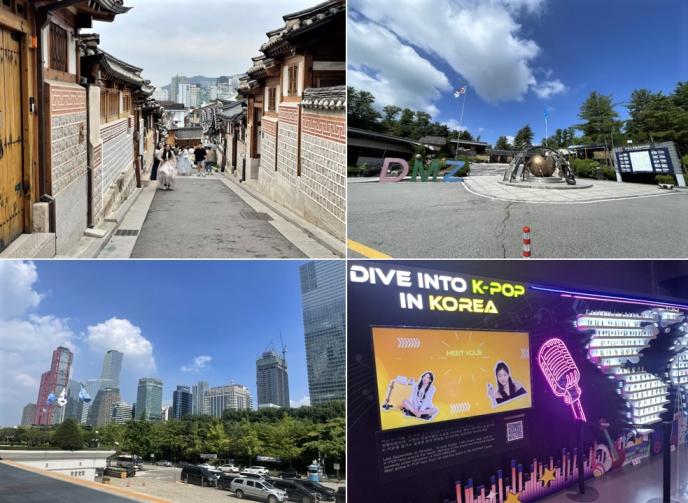
Notably, Kim Jang Ho, the deputy minister director of the Korean Culture and Information Service which manages 35 Korean Cultural Centers in 30 countries and oversees overseas promotion of Korea and Korean culture, held a luncheon with Indian media delegations visiting Korea to solidify the special strategic partnership between Korea and India, and actively publicize the soft power of the Korean Wave, which is gaining momentum in India.
Hwang Il Yong, the director of the Korean Cultural Centre India, expressed his enthusiasm for the visit, stating, “On the occasion of the 50th anniversary of diplomatic relations between Korea and India, and as India assumes the presidency of the G20, we meticulously crafted a program aimed at inviting esteemed representatives from India’s top media outlets to Korea. This endeavor has been strategically devised to maximize the impact of showcasing and promoting Korea as a cherished friend to India, fostering a closer bond and a deeper mutual understanding between our two nations. We anticipate that the distinguished representatives of India’s major media outlets, representing a population of over 1.4 billion, will share compelling stories and experiences about Korea with India through their visit.”
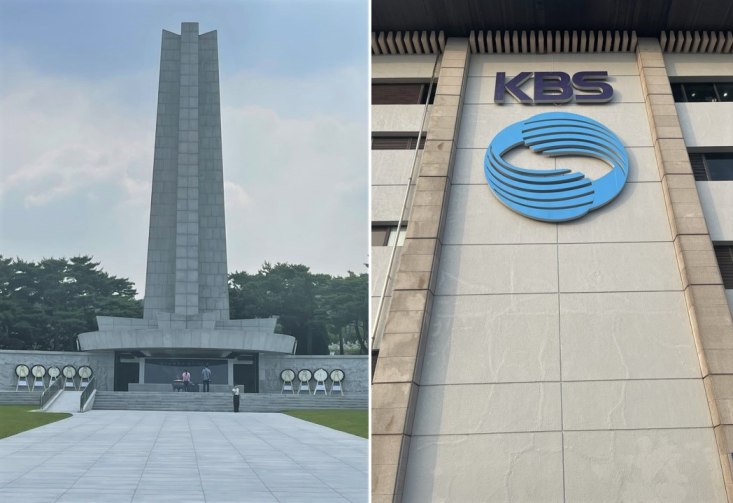
The visit of the Indian media delegation to Korea signifies the strengthening of diplomatic ties between the two nations and highlights the cultural exchanges that have flourished over the past 50 years. Through their coverage, the representatives will contribute to fostering a deeper mutual understanding between Korea and India and promote the rich heritage and achievements of both countries.
Prior to leaving India for Korea, Ambassador Chang Jae-bok (장재복) hosted a special luncheon for a media delegation visiting Korea at his residence in New Delhi. Organized by the Korean government, this program gives the opportunity to know Korea more deeply, as this year celebrates the 50th diplomatic ties between Korea and India. He wished the delegation an incredible and fulfilling week, filled with abundant experiences.
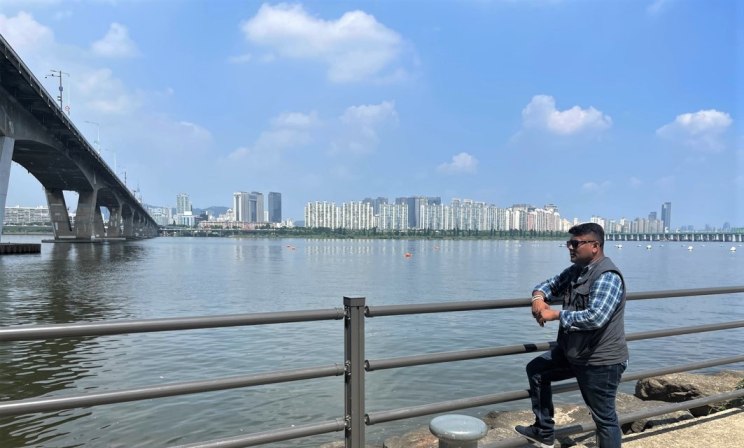
Korea and India established diplomatic relations in 1973, but their connection can be traced back to legendary narratives. One such tale includes an Indian princess from the Ayodhya Kingdom who married Korean ancient king Suro, thus founding the ancient kingdom of Gaya in Korea. This historical link persisted through the spread of Buddhism and significant events like India’s dispatch of medical units during the Korean War.
